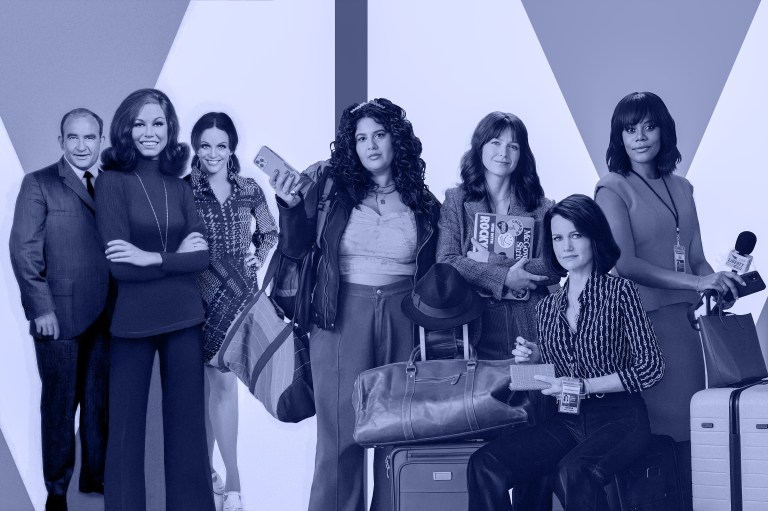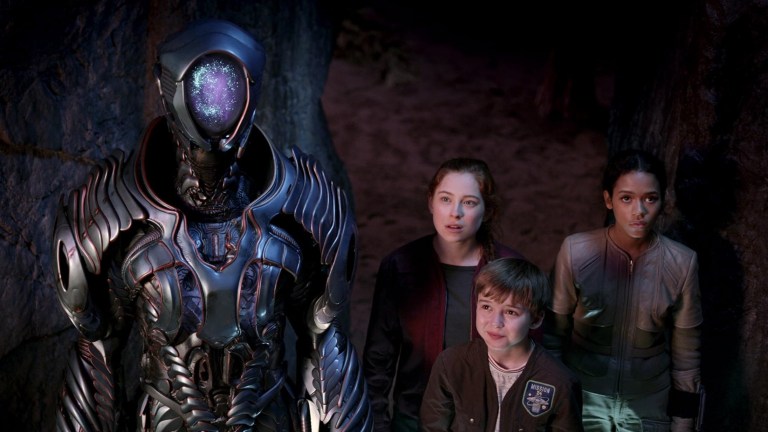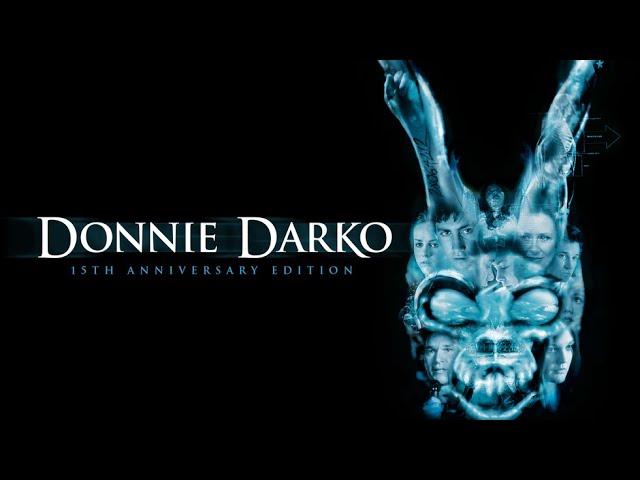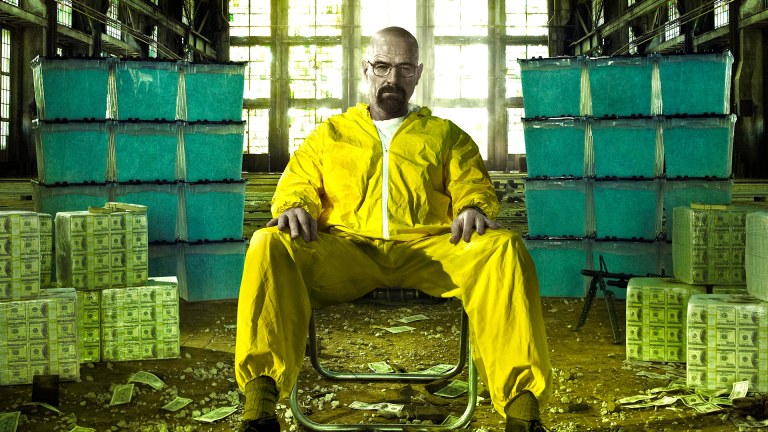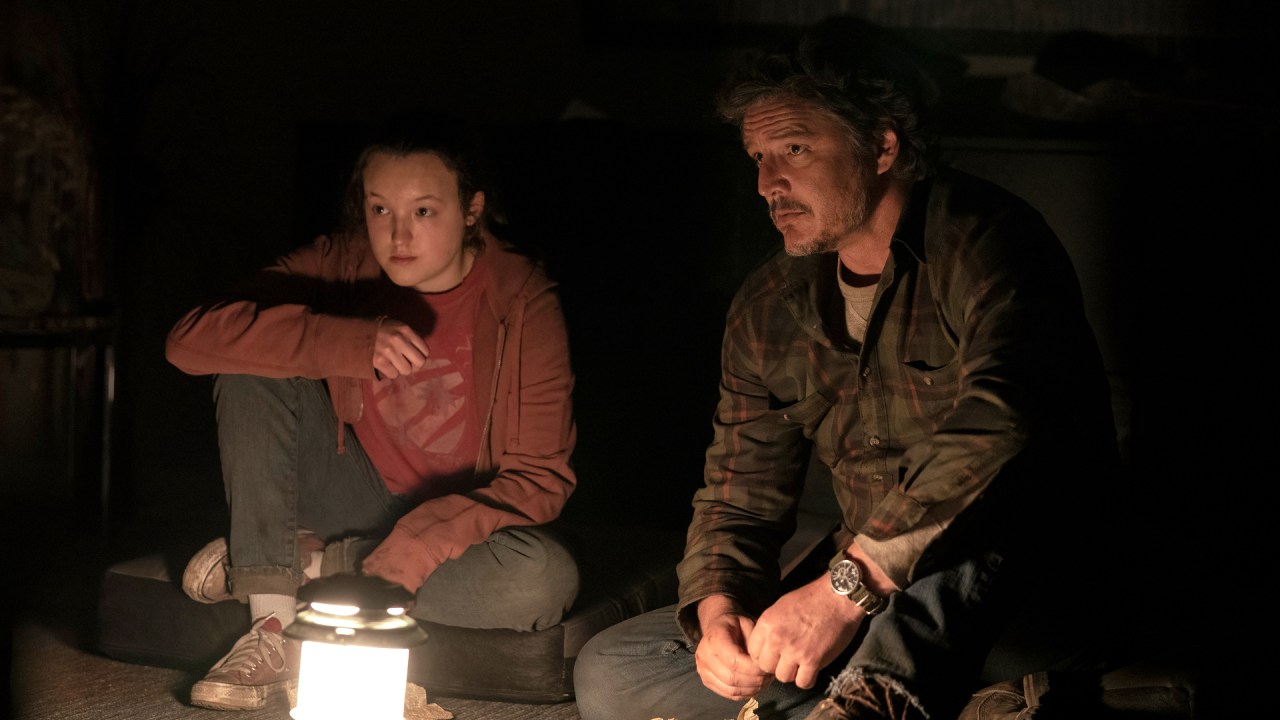
10 Life Lessons ‘The Last of Us’ Season 1 Taught Us (That We Hopefully Won’t Need)
The Last of Us Season 1 didn’t just deliver emotional gut-punches and post-apocalyptic thrills — it served up some surprisingly real-life lessons about love, loss, and survival.
The Last of Us hit HBO like an emotional freight train. Between the mushroom zombies and heartbreaking character deaths, the show delivered something unexpected – actual wisdom about human nature. Joel and Ellie’s brutal road trip across post-apocalyptic America offers surprising insights that apply to regular life, even without the whole “civilization has collapsed” thing. Here are 10 life lessons we got from Season 1, but hopefully won’t need.
1. Trust takes forever and usually involves yelling
Joel and Ellie start as the most awkward road trip companions ever. He treated her like annoying cargo. She saw him as a grumpy old smuggler. Their evolution happened through a messy series of arguments, near-death experiences, and occasional moments of accidental honesty.
Remember when Joel tried to pawn Ellie off on Tommy? Or when she stole a horse and ran away? The path from strangers to found family wasn’t some smooth, heartwarming journey. It had detours, setbacks, and plenty of swearing.
The gun scene, when Joel finally trusted Ellie with his revolver, without a word being said, was amazing. That small moment captured everything about how real trust builds: not in big, dramatic gestures, but through tiny decisions accumulated over time.
2. Having someone who believes in you changes everything
That letter from Bill destroyed viewers everywhere: “Used to hate the world and was happy when everyone died. But wrong, because one person worth saving.”
Those fourteen words sum up the entire show.
Throughout the series, characters transform when someone sees value in them. Ellie becomes capable once Joel stops treating her like deadweight. Joel finds his humanity again only after letting himself care for Ellie. Even Henry, with all his questionable choices, found purpose in protecting Sam.
The apocalypse strips away careers, possessions, status – everything except who truly matters. Turns out that having just one person who believes in you provides more strength than any weapon.
3. Sometimes every option sucks
From episode one, The Last of Us throws characters into impossible situations. Joel abandoning neighbors begging for help. Tommy chooses Maria over his brother. Henry betrays his community to save Sam. Joel’s devastating choice at the Firefly hospital.
Nobody gets clean hands here. There’s no perfect third option where everybody wins and morals stay intact. Sometimes, every available choice leads to harm, and characters just have to live with the consequences.
Sound familiar? Because even without cordyceps zombies, real life often presents no-win scenarios where the best choice still feels terrible.
4. Adaptable people last longer than strong ones
Notice how the successful survivors aren’t necessarily the toughest fighters? They’re the ones who adapt best to changing circumstances.
Bill converted paranoia into protection. The Jackson community reimagined society within new constraints. Ellie’s ability to find joy in small things — the giraffes, the joke book, and the arcade machine — gave her psychological resilience that pure strength couldn’t match.
Meanwhile, those who cling to old-world thinking or refuse to adjust expectations usually end up infected or worse. Stubborn survivors die; flexible ones rebuild.
5. Stop for the damn sunset
Despite endless horror, the show’s most powerful moments come from tiny glimpses of beauty: characters pausing to admire the capitol building view, Bill’s strawberry patch, giraffes roaming free, Ellie freaking out over a working arcade game.
These scenes aren’t just pretty breaks from terror — they’re survival strategy. Finding beauty amid devastation keeps characters human when circumstances push toward becoming monsters. Those brief moments provide emotional fuel when logical reasons to continue fail.
In a regular, chaotic life, stopping to notice small wonders isn’t weakness — it’s essential maintenance for the soul.
6. Grief makes people weird (and that’s normal)
The show portrays loss with brutal honesty. From Joel’s soul-shattering tragedy in Episode 1 to Ellie’s complex emotions after killing David, grief warps everyone differently.
Some characters harden into concrete. Others desperately seek new connections. Bill initially welcomed the apocalypse as relief from rejection. Nobody processes loss the same way, and nobody fully “gets over it.”
What makes this portrayal feel authentic is how the show never judges these varied responses. Grief follows no predictable pattern and offers no tidy resolution. Characters simply carry their losses differently, with scars that change them permanently.
7. Found family hits different
Blood means nothing in The Last of Us. Joel and Ellie create a father-daughter bond despite having zero biological connection. Bill and Frank build a decades-long partnership that outlasts the world. Jackson residents piece together new extended families from strangers.
These connections aren’t consolation prizes for lost relatives — they become something deeper through active choice rather than genetic accident. The relationship someone chooses every day despite hardship contains something special that birth families sometimes lack.
When everything collapses, these chosen bonds become the only foundation worth rebuilding on.
8. Humans: Both the problem and the solution
Throughout the season, infected rarely pose the greatest threat. It’s always other people: FEDRA thugs, random bandits, David’s cannibalistic community, and even well-intentioned Fireflies.
Yet, simultaneously, human connection offers the only meaningful salvation. Characters find purpose not in survival itself but in protecting others. Communities like Jackson show glimpses of a better future through cooperation instead of exploitation.
This contradiction feels painfully familiar. Our greatest threats and most profound hopes spring from the same source — our capacity for both cruelty and compassion, often existing simultaneously.
9. Just surviving is boring as hell
Early on, Joel exists without living. Going through motions, smuggling stuff, getting by. Other characters follow similar patterns—surviving because they can, not because they have reasons to.
Everything changes when characters find something beyond mere existence. For Bill, unlikely partnership with Frank. Joel reluctantly bonds with Ellie. For Tommy, community in Jackson.
Without purpose, survival becomes mechanical. As Ellie says: “After all we’ve been through, it can’t be for nothing.”
That line hits hard because even without an apocalypse, many people still just exist rather than live. Finding meaning transforms survival from a burden into a purpose.
10. Humanity sticks around despite everything
Maybe the most hopeful lesson from the show: human traits stubbornly persist despite overwhelming horror. Characters still tell jokes, fall in love, create art, play games, and form communities. Ellie’s obsession with puns, comics, and cheesy ’80s music shows that culture matters even when basic survival seems challenging enough.
The infected represent humanity lost, but characters like Ellie embody humanity preserved— curiosity, humor, compassion, and creativity surviving against impossible odds.
This persistence suggests something fundamentally resilient about people. Even in the darkest times, qualities that make life worthwhile somehow endure.
